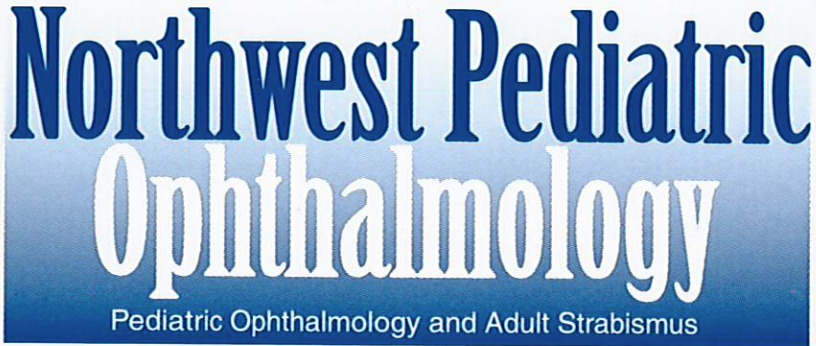Adult Strabismus Care Instructions
IN ADVANCE OF SURGERY:
You are required to have a physical exam from your PCP no more than 7-21 days before surgery. Blood work and additional testing such as an EKG may be required.
If you are taking blood thinners, please ask your PCP if it can be stopped two weeks in advance of surgery. Avoid aspirin and ibuprofen for two weeks before surgery. Acetaminophen (Tylenol) is OK.
DIETARY RESTRICTIONS:
Note: Call with any questions regarding dietary restriction.
The day of the procedure you should be freshly showered with no make-up or face/eye creams. Make-up is usually allowed after your one week post-op visit. Wear loose-fitting clothing the day of your procedure.
If you are in prism glasses, you should have a pair of non-prism glasses made prior to your procedure. You may not need the prism after your surgery. If you are a contact lens wearer, ask your provider when you can return to wearing contacts after your surgery, do not wear the day of surgery.
What to expect at the Surgery Center
Our office will reach out to you to give an arrival time 1 week before surgery. Upon check in at Providence Sacred Heart Surgery Center, the staff will prepare you for your procedure, this usually takes 90 minutes. After the procedure, you will be in recovery until you are ready to leave. Your day at the surgery center can last 3-4 hours.
Care of the surgical site
Eye drops and/or eye ointment along with instructions will be given to you at the time of the procedure. These are to be used after the surgery to help reduce the risk of infection and swelling.
Eye Drop Instructions
Gently pull down your child’s lower eyelid to apply eye drop/ointment inside the eyelid.
Changes you could expect to see
Expect eyes to be very bloodshot. Commonly, the white part of the eye is red after surgery. Redness can take up to 6 weeks to resolve; occasionally it may take longer.
Bloody tears may be seen up to 24 hours after the procedure.
Eye mattering and/or discharge may also be seen for a few days. Use a clean warm moist cloth to remove it.
Cool compresses can help with eyelid swelling and bruising.
Double vision may occur, or vision may seem different after surgery. This may resolve during the healing process.
Eye alignment can fluctuate during the post-operative period, and it is common to see some eye temporary misalignment after surgery.
Possible nausea/vomiting can occur up to 12 hours after general anesthesia.
Are there any activity restrictions?
You may shower normally after the procedure.
Following the procedure, you should be kept in clean environments for 1 week (no sandy or dirty areas).
Most people can resume regular daily activity 24 hours after surgery depending on their comfort level. Listen to your body, don’t push it.
Sports can be resumed 1 week after surgery, occasionally it can take longer due to comfort levels.
No swimming for 2 weeks.
If double vision occurs, you can patch one eye to help alleviate it.
When should I be seen again?
One of our technicians will contact you by phone the day after your procedure. You will be seen in the office 1 week after the procedure.
How long will my procedure take?
Strabismus procedures can take 45-60 minutes in the. The procedure may take longer depending on the complexity of your case.
How can I manage my pain?
Some pain and discomfort can be normal after surgery. If you experience pain or discomfort our surgeons recommend over-the-counter pain relievers such as Acetaminophen/ Ibuprofen.
Alternating these two pain relievers does a great job of staying on top of any discomfort you may experience. If you can use these medications, be sure to follow the dosing schedule on the bottle.
Ice packs are also helpful. Apply for ten minutes as often as every 30 mins as needed for discomfort for the first 24 hours.
When should I call the office?
Call us at 509-838-6686 if any symptoms get worse, such as pain, discharge, significant swelling or redness around the eye, fever over 100.5, lethargy, loss of appetite, or vision problems.
